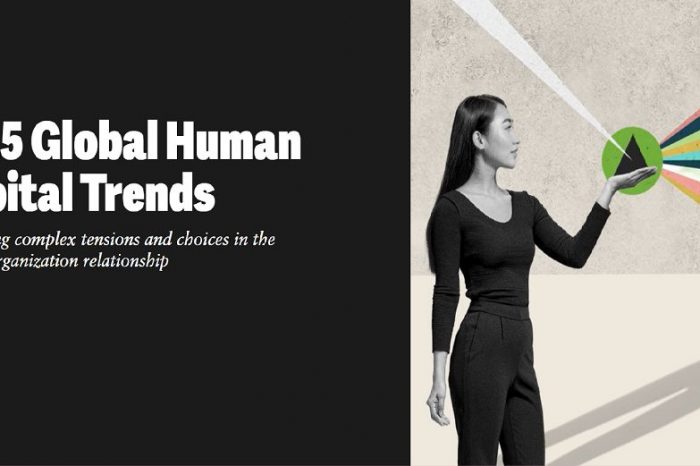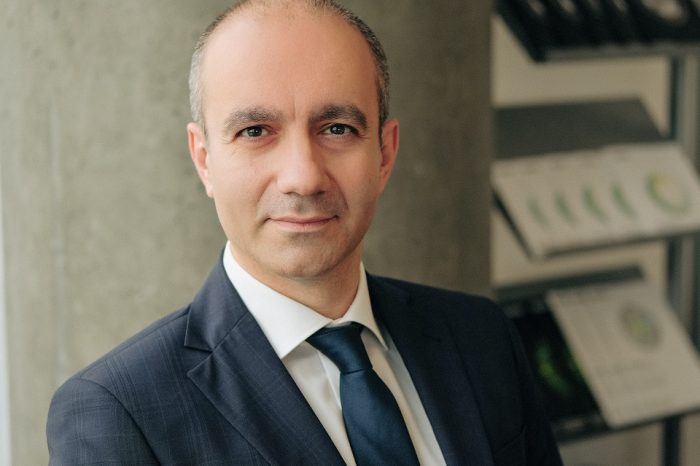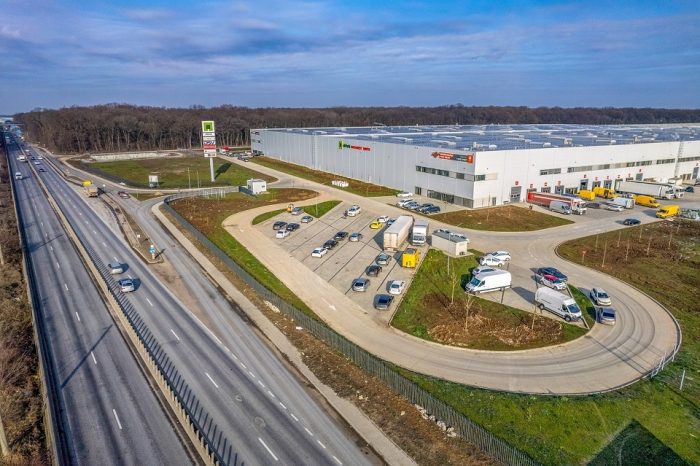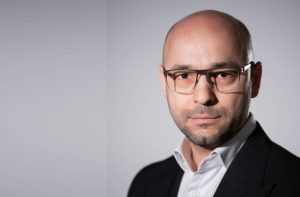Deloitte study: digital assets might replace traditional currencies in the next five to ten years, as business leaders believe the end of physical money is near
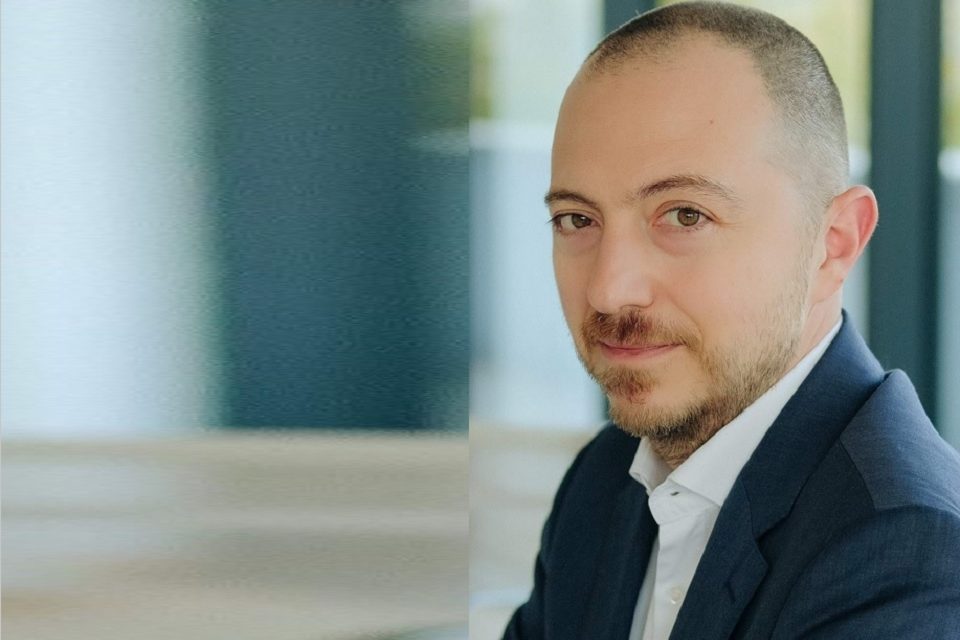
Digital assets might replace traditional currencies in the next five to ten years, according to 76% of the business leaders around the globe active in various industries who participated to the latest edition of the Deloitte Global Blockchain Survey. This view is also shared by three quarters of the senior executives from the financial services industry, who believe that the end of physical money is near. Also, the study points out that the financial services sector must accelerate product modernization and distribution to achieve economic growth, as 73% of the survey participants fear their organizations will lose competitive advantage if they fail to adopt blockchain and digital assets. Despite these challenges, 80% of the respondents are optimistic about future revenue opportunities from blockchain, digital assets and cryptocurrency solutions.
The optimism over the potential of blockchain, digital assets and cryptocurrency solutions is tempered by obstacles, the survey underlines, as six in ten respondents (63%) identified regulatory barriers among the biggest challenge to acceptance of digital assets. Security concerns also rise to the top of the list, as 71% of respondents indicated cybersecurity as one of the biggest obstacles.
“Digital assets have transformed the financial services industry and have fuelled new business models capable of boosting the financial ecosystem into the new future of money. In this context, the way financial institutions will succeed to redefine themselves might be the key to enhance economic growth. Even if blockchain is a relatively new technology, it is gaining traction in Romania, as it is the case worldwide. Start-ups are going beyond using the blockchain technology in the field of financial services through cryptocurrencies and are starting to tailor solutions using its features for sectors such as healthcare or retail, a trend that might contribute to the emergence of a new generation of unicorns in the future,” stated Andrei Ionescu, Partner-in-Charge Consulting and Risk Advisory, Deloitte Romania.
The survey also highlights that global financial services leaders see digital assets and their underlying blockchain technologies as a strategic priority now and in the near future, as nearly 80% of participants to the survey say that digital assets will be important to their respective industries by 2023. Moreover, organizations from the financial services industry might need to find new business models, the study emphasizes, such as custody (45%), new payment channels (42%) and diversification of investments/portfolios (41%).
In addition, the survey’s findings support the use of digital assets to simplify payments, which is currently a very fragmented and complex process, as 42% of respondents say that new payment options will play a very important role among the digital assets in their organizations.
The latest edition of the Deloitte Global Blockchain Survey was conducted among almost 1,300 senior executives across various industries – financial services, government and public services, technology, media and telecommunications, and life sciences and health care – in America, Europe, Asia and Africa.
Deloitte provides worldwide audit, consulting, legal, financial advisory, risk advisory, tax and related services to public and private clients spanning multiple industries. Deloitte serves four out of five Fortune Global 500 companies through a globally connected network of member firms in more than 150 countries and territories, bringing world-class capabilities, insights, and high-quality service to address clients’ most complex business challenges. Deloitte’s goal is to make an impact that matters through its more than 345,000 professionals.
Deloitte Romania is one of the leading professional services organizations in the country providing, in cooperation with Reff & Associates | Deloitte Legal, services in audit, tax, legal, consulting, financial advisory, risk advisory, business processes as well as technology services and other related services, through over 2,600 professionals.



